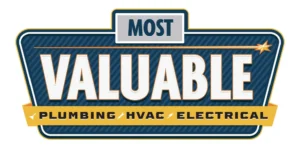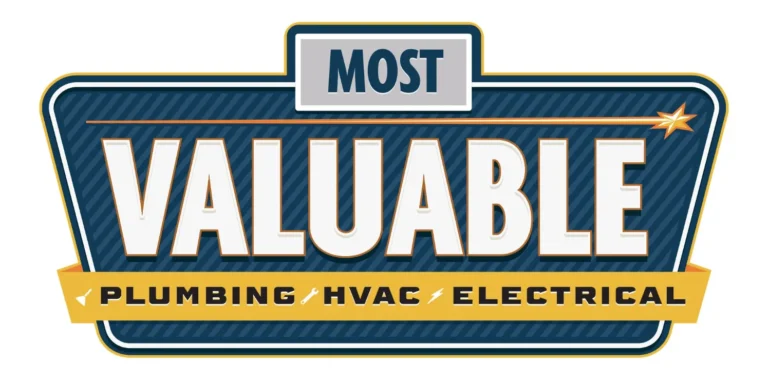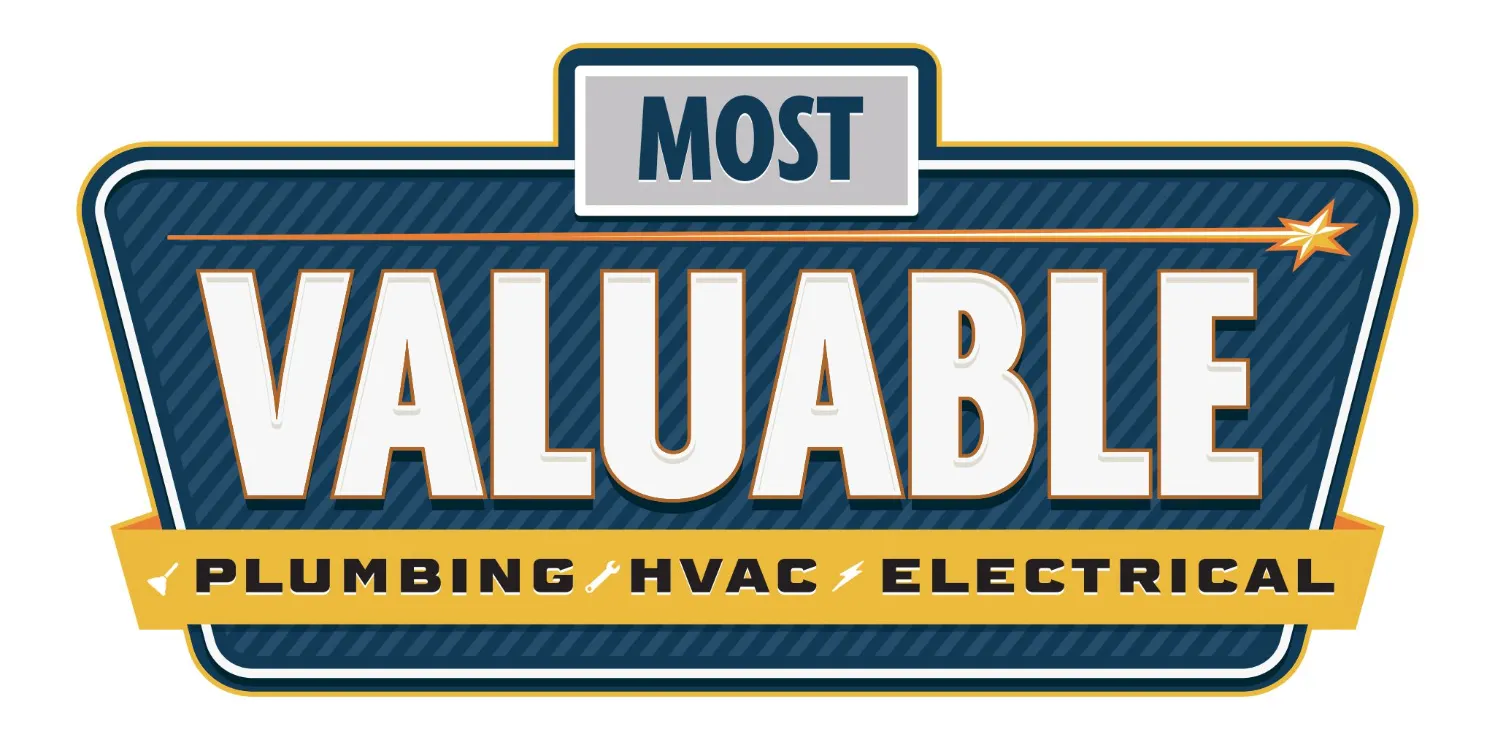Hydro jetting is a powerful and efficient method for cleaning plumbing systems. However, like any high-pressure system, it requires careful handling and expertise to ensure safety and effectiveness. This article delves into the safety precautions necessary for hydro jetting safety and the importance of relying on professional expertise.
Are plumbing issues causing you stress? Turn to the pros at Most Valuable Plumber! Dial (818) 697-8263 or explore Most Valuable Plumber to book your appointment. Your home deserves top-tier plumbing solutions!
Understanding Hydro Jetting
Definition and Overview Hydro jetting involves the use of high-pressure water jets to clean and clear plumbing pipes. This method is highly effective at removing blockages, including grease, scale, and tree roots, that traditional methods might not fully address.
Call to schedule prompt service with Most Valuable Plumber: (818) 697-8263
Los Angeles County
Orange County
Ventura County
How Hydro Jetting Works
A specialized nozzle connects to a high-pressure hose and is inserted into the plumbing system. Water is pumped through the hose at pressures reaching up to 4,000 PSI, effectively cleaning the interior surfaces of the pipes and removing debris.
Pros and Cons
Hydro jetting has its benefits, but it also has some drawbacks to consider.
Advantages of Hydro Jetting:
Effective Cleaning: Hydro jetting uses high-pressure water to thoroughly clean pipes, removing tough clogs, grease, scale buildup, and other debris.
Versatility: It can clean various pipes, including sewer lines, drain lines, and storm drains.
Environmentally Friendly: Hydro jetting doesn’t need harsh chemicals, making it safe and eco-friendly.
Preventative Maintenance: Regular hydro jetting can prevent future clogs by keeping pipes clean and clear.
Long-Lasting Results: It provides deep cleaning that can extend the life of pipes, reducing the need for frequent repairs.
Safe for Pipes: Hydro jetting is safe for most pipe types, including PVC, copper, and cast iron.
Quick and Efficient: It’s usually faster and more efficient than traditional pipe cleaning methods.
Challenges: Risk of Damage: Improper use of hydro jetting equipment can damage pipes, especially if they’re old or fragile.
Cost: Hydro jetting can be more expensive than traditional methods, especially for complex plumbing systems.
Temporary Disruption: It may temporarily disrupt water usage in the area during cleaning.
Safety Concerns: High-pressure water can be dangerous if not handled properly. Many of these challenges can be managed by working with an experienced professional.
Factors Affecting the Cost of Hydro Jetting
Severity of the Clog: The extent of the blockage can affect the time and effort needed to clear it.
Size and Length of Pipes: Larger or longer pipes may require more resources for hydro jetting.
Accessibility: Pipes that are hard to reach may require more labor and equipment, increasing costs.
Location: Prices may vary depending on geographic location and market conditions.
Service Provider: Different companies may have varying pricing and expertise levels
Safety Precautions for Hydro Jetting
Personal Protective Equipment (PPE)Operators should always wear appropriate PPE, including gloves, goggles, and protective clothing, to safeguard against high-pressure water and debris. This gear helps prevent injuries from water jetting and flying particles. Proper Training and Certification Only trained and certified professionals should perform hydro jetting. Proper training ensures that operators understand how to handle the equipment safely and respond to any issues that may arise during the process. Equipment Inspection and Maintenance Regular inspection and maintenance of hydro jetting equipment are crucial to ensure it operates safely and efficiently. Checking for wear and tear, proper pressure settings, and secure fittings helps prevent accidents. Site Preparation and Assessment Before starting hydro jetting, a thorough assessment of the site is necessary. This includes identifying the location of pipes, potential hazards, and any structural weaknesses that might be exacerbated by high-pressure water. Handling High-Pressure Equipment High-pressure equipment should be handled with extreme care. Operators must follow established protocols for starting, operating, and shutting down the equipment to avoid accidental discharges and injuries.
Common Risks and How to Mitigate Them
Physical Injuries High-pressure water jets can cause serious injuries if not handled correctly. Ensuring that only trained personnel operate the equipment and that safety barriers are in place can mitigate these risks. Pipe Damage Excessive pressure can damage pipes, especially if they are old or already compromised. A professional assessment of the pipe’s condition prior to hydro jetting can prevent further damage. Environmental Hazards Hydro jetting can dislodge hazardous materials within the pipes. Proper containment and disposal of wastewater and debris are necessary to prevent environmental contamination.
The Importance of Professional Expertise
Knowledge and Experience Professional hydro jetting services bring knowledge and experience that are essential for safe and effective pipe cleaning. Experienced technicians can accurately diagnose issues and apply the appropriate pressure settings and techniques. Proper Diagnosis and Problem Solving Professionals can identify the root causes of plumbing issues and determine if hydro jetting is the best solution. They can also troubleshoot problems that arise during the process, ensuring a thorough and safe cleaning. Quality Assurance and Accountability Hiring professional services provides quality assurance and accountability. Reputable companies guarantee their work, offering peace of mind and protection against potential damages or incomplete service. Commercial Applications A restaurant experienced frequent plumbing issues because of grease buildup in the kitchen drains. After attempting several traditional cleaning methods, they opted for professional hydro jetting. The service cleared the blockages completely, resulting in uninterrupted operations and reduced plumbing maintenance costs.
FAQs About Hydro Jetting Safety
Q: Is hydro jetting appropriate for all types of pipes? Hydro jetting is safe for most types of pipes, including PVC, cast iron, and clay. However, a professional assessment is crucial to ensure the pipes can withstand the pressure.
Q: Can hydro jetting damage old or fragile pipes? Yes, if not done properly, hydro jetting can damage old or fragile pipes. Professional technicians will assess the condition of the pipes and adjust the pressure settings accordingly.
Q: What safety measures do professionals take during hydro jetting? A: Professionals use personal protective equipment, conduct thorough site assessments, maintain their equipment, and follow strict operational protocols to ensure safety during hydro jetting.
Q: How often should hydro jetting be performed? The frequency of hydro jetting depends on the plumbing system and usage. Homes may need it every one to two years, while businesses with high use may need it more often.
Conclusion
Summary of Key Points Hydro jetting is a highly effective method for cleaning plumbing systems, but it requires proper safety precautions and the expertise of the Most Valuable Plumber for expert advice or professional help. Ensuring the safe handling of high-pressure equipment, proper training, and regular maintenance are crucial to preventing injuries and damage.
Final Recommendations For optimal safety and effectiveness, always hire trained and certified professionals for hydro jetting services. Their expertise and adherence to safety protocols will ensure that your plumbing system is cleaned thoroughly without risk to your property or health.


